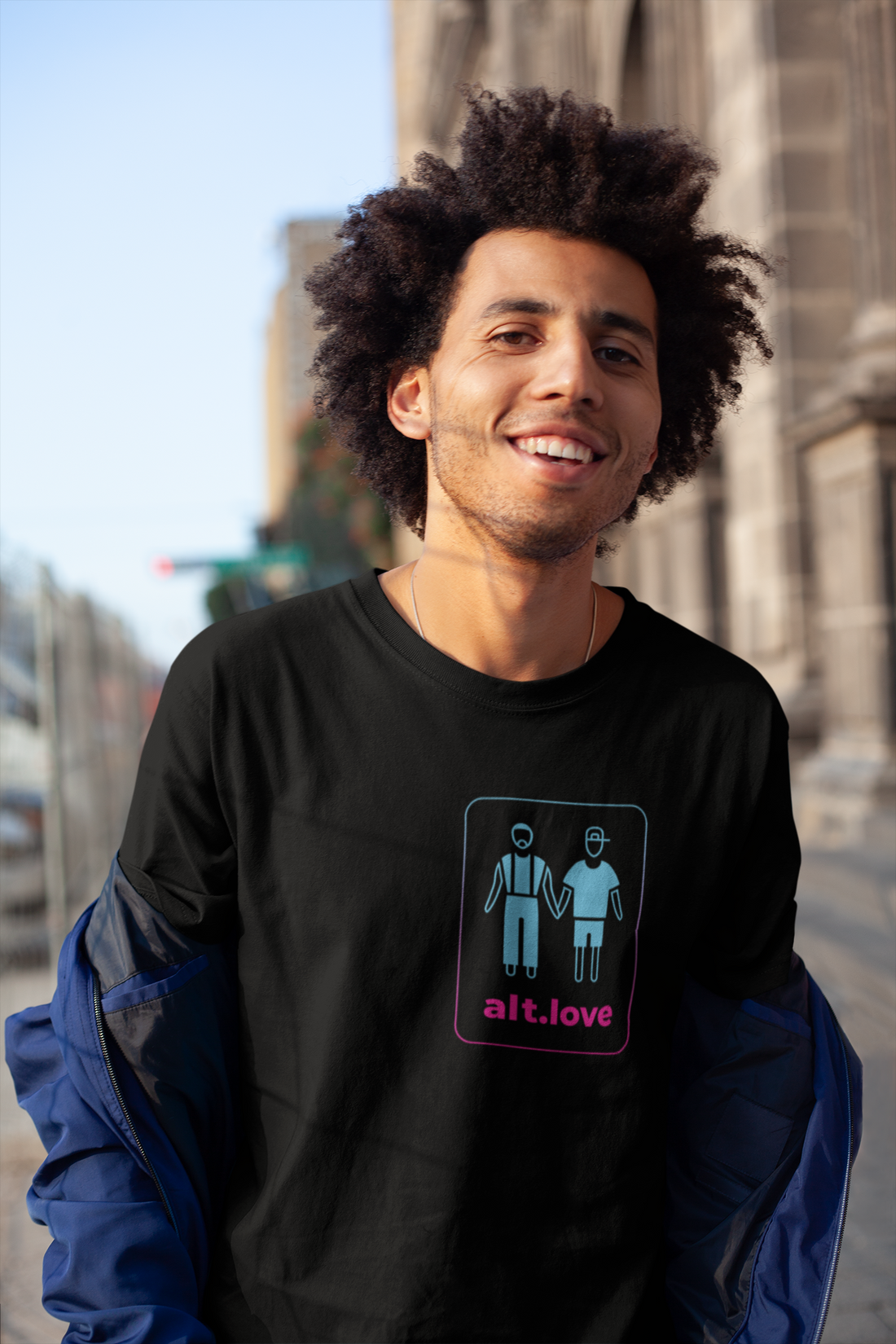June is LGBTQ Pride Month, and every year it grows in popularity and support. Many would agree that— at least in the U.S. and some other societies— being LGBTQ has been accepted into the mainstream. So what’s left to fight for?
As it turns out, the answer is a lot.
Where it started: the Stonewall Riots
Everyone— at least, every gay person— has heard of the Stonewall Riots. They were the spark of the movement for gay rights in the U.S., and are why we celebrate Pride in June. But the riots, unlike our modern celebrations, weren’t a celebration.
The Stonewall Riots were exactly that: riots. They started when Stormé DeLarverie (a lesbian singer) and Marsha P. Johnson (a trans woman of color) fought back against police who were unjustly trying to arrest them.
Now, gay pride has become an event for celebration, drinking, and parties. And there’s nothing wrong with celebrating pride wearing clothes you identify with— it can be fun! But it’s important to recognize that there is still a lot to fight for.
Progress we’ve made
There are two main factors that people like to cite to claim that LGBTQ+ people have made enough progress: marriage equality and sex- or gender-based discrimination.
In 2015, the Supreme Court made same sex marriage the law of the land. Every state has to uphold this right, even if the couple wasn’t married in that state.
And yes, Title IX provides good protection from sex- or gender-based discrimination, at least on an official level. But the truth is, that’s not enough, and even those victories aren’t as great as people think.
Where we need to be
The 2015 Supreme Court made same-sex marriage legal on a federal level, and forced all states to uphold marriages obtained in other states. However, it did not remove the anti-gay marriage language found in many state constitutions, and indeed, there are many factors, both legal and social, that can still make same-sex marriage very difficult.
There is also conversion “therapy”, which allows parents to send their children somewhere in an attempt to “teach” them to no longer be LGBTQ+, often in harmful ways that can have bad outcomes.
On a federal level, conversion “therapy” is not banned. And on a state level, at least 29 states and 4 U.S. territories still allow this practice. However, many places have already banned or begun the process of banning it, as we know now that it doesn’t work, so that’s a step in the right direction.
There is also the issue of discrimination in schools. Although Title IX is supposed to protect students from this, the truth is that there is no federally agreed-upon method of enforcing this protection, and in many school systems across the U.S., LGBTQ+ students are left on their own.
And of course, bathrooms. Many states and local municipalities feel the need to tell transgender people that they cannot use the bathroom that aligns with their publicly expressed gender identity.
This creates discomfort for everyone involved. You might think you would feel uncomfortable with a trans woman in your bathroom, but when you see someone who very clearly looks like a man and is forced to use the women’s restroom, you will feel a lot more uncomfortable.
Perhaps most difficult to change is language. Hatred of LGBTQ+ people, heteronormativity, and cisnormativity have been a part of our culture for so long that they worked themselves into the very language we use, and that is harmful to many people.
Think of examples like saying “he/she” instead of “they”— something that is not only exclusionary, but unnecessarily verbose.
Or the f-slur being common use among many people, even to describe things that have absolutely nothing to do with being LGTBQ+. Or sex-ed programs only teaching about straight sex, leaving LGBTQ people not knowing how to have safe practices.
Instances like these are called microaggressions. And if they make you (rightfully) angry, maybe you want to wear that anger on a hoodie.
All of these things are obviously problems, and they cause real harm to LGBTQ+ people everywhere. Gay people, and trans people even more so, are at much higher risk for mental health problems, which can obviously make life difficult.
So this Pride Month, take time to celebrate. There’s a lot to celebrate: the progress we’ve made, the social changes we’ve seen, and just the fact that you exist. And while you’re celebrating, find a good tote bag to keep all those buttons you get at Pride.
But also take time to recognize the progress that still needs to be made. To recap that quickly, here’s a good list of where we can start:
● Remove all anti-gay marriage language from all state constitutions
● Reestablish federal guidelines for providing Title IX support for LGBTQ+ students, and have consequences for schools that don’t comply
● Pass federal legislation to uphold the right of transgender individuals to use the right bathroom
● Work on changing language on a social and institutional level to make it more inclusive, especially for trans individuals
● Provide more mental health support for LGBTQ+ people
Celebrate the progress and recommit to the cause
Celebrating Pride Month is a great, and much-needed boost of confidence
for the LGBTQ community. It’s an opportunity to celebrate all the progress we’ve already made.
But it’s also a reminder of all the challenges that lay ahead. So this June, celebrate
Pride with joy, and remain aware of what still needs to be done. Educate yourself or others, and
think about ways you can help make even more changes to be celebrated in the future.
And if you're a part of the community, take the time to acknowledge those that are.
Remind them that they are valid, they are welcomed, they are needed, and most importantly, loved!


